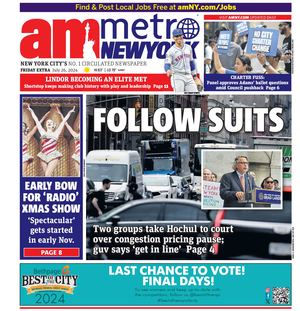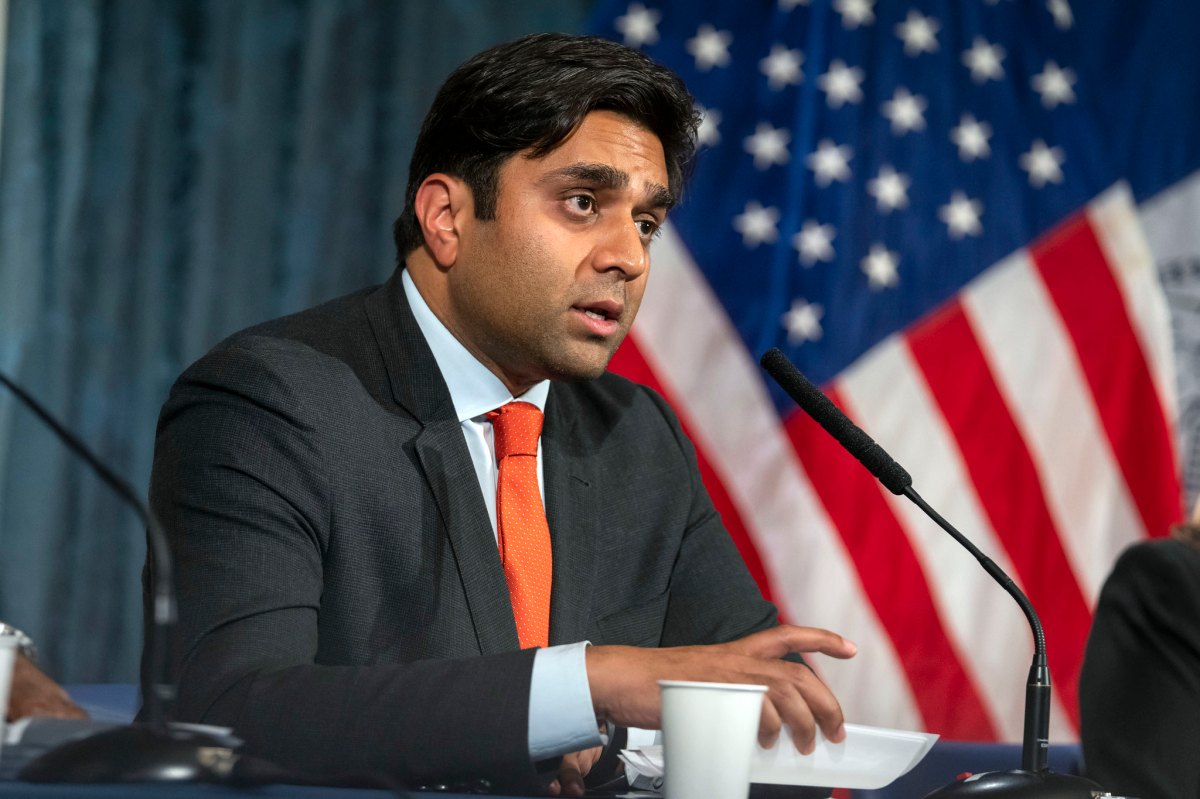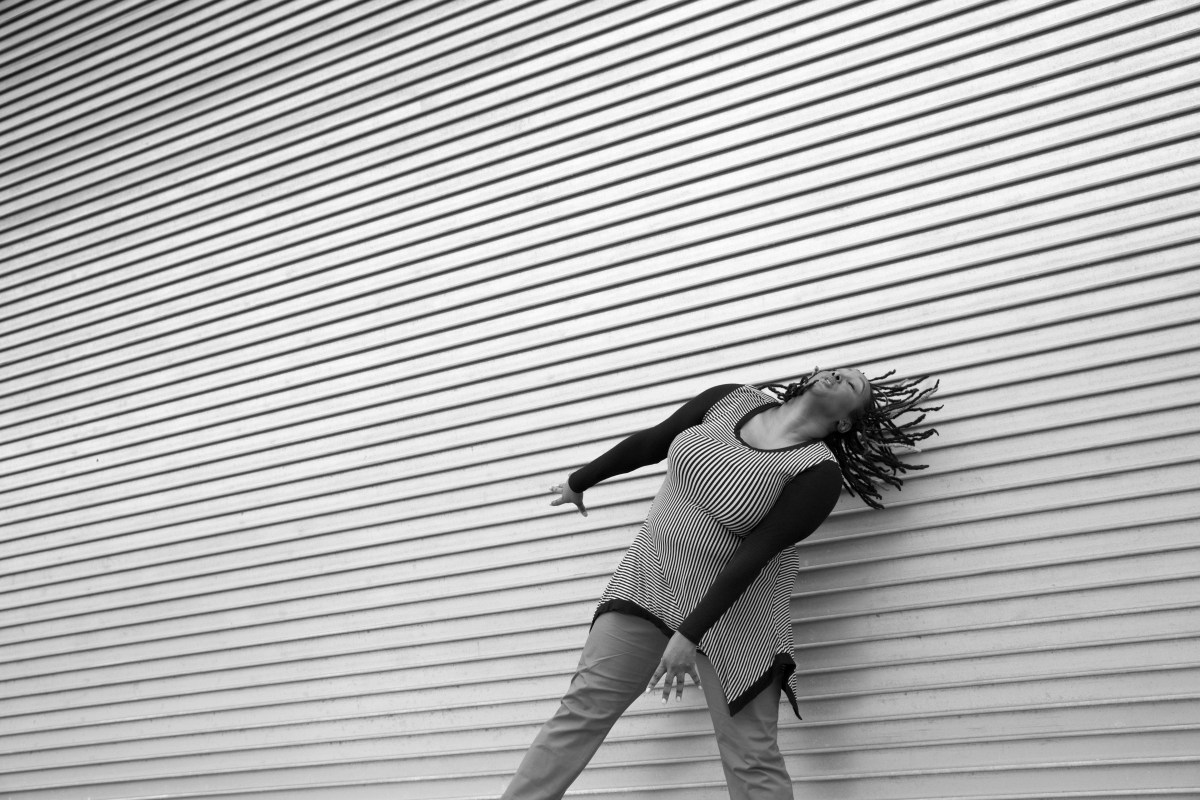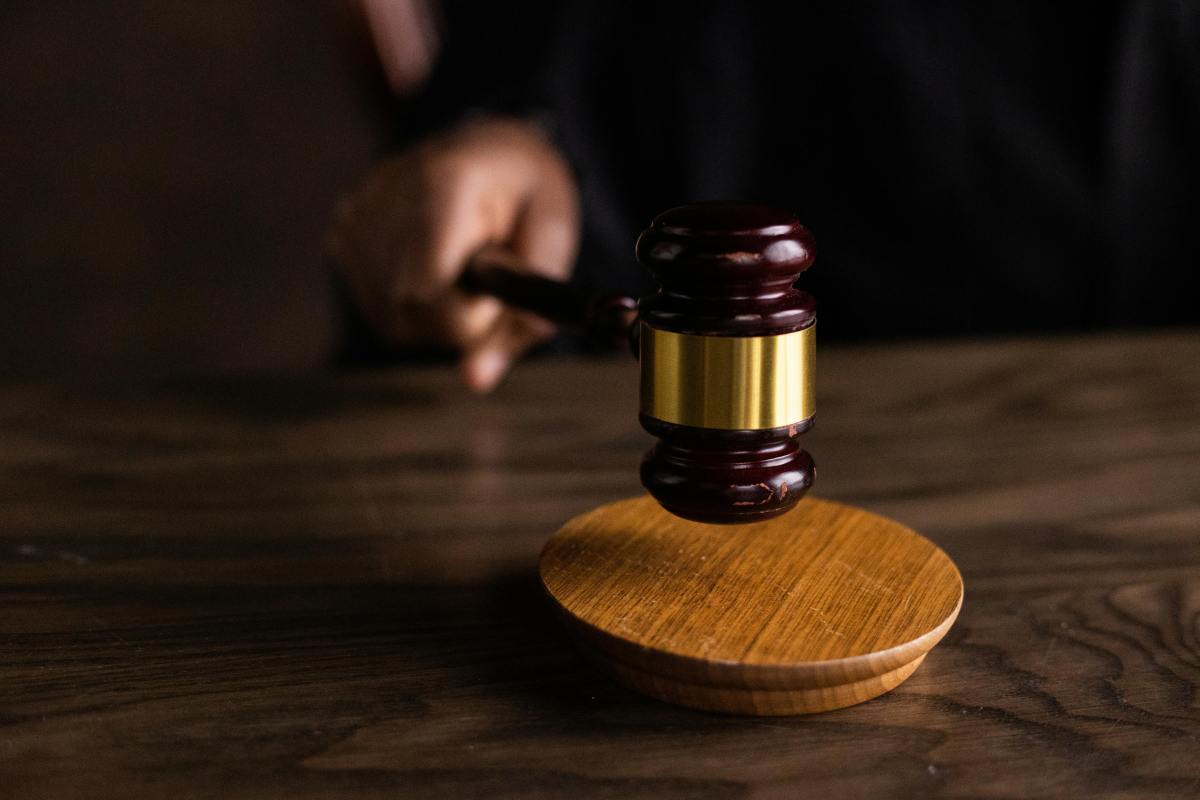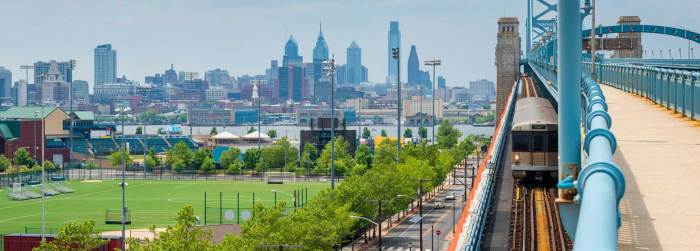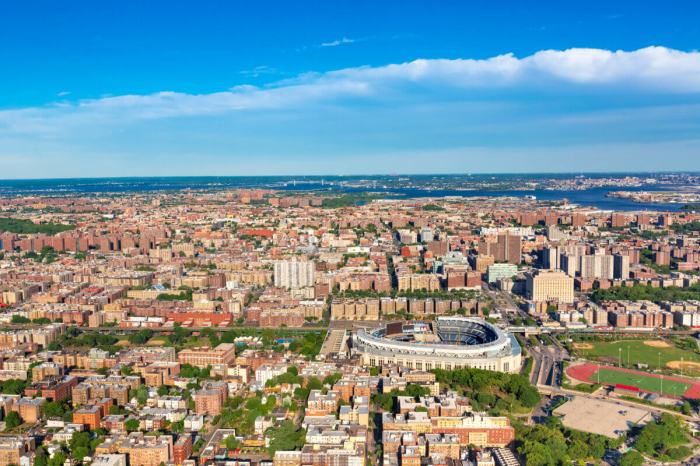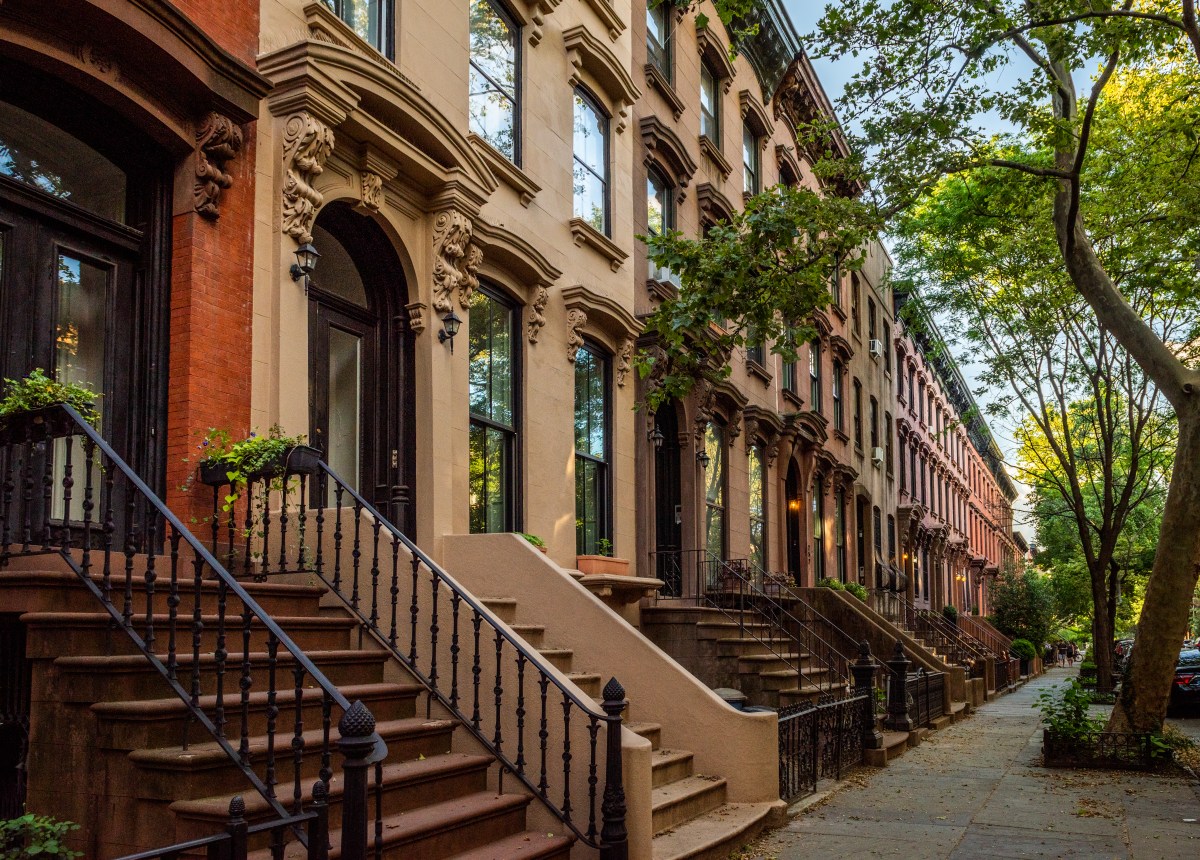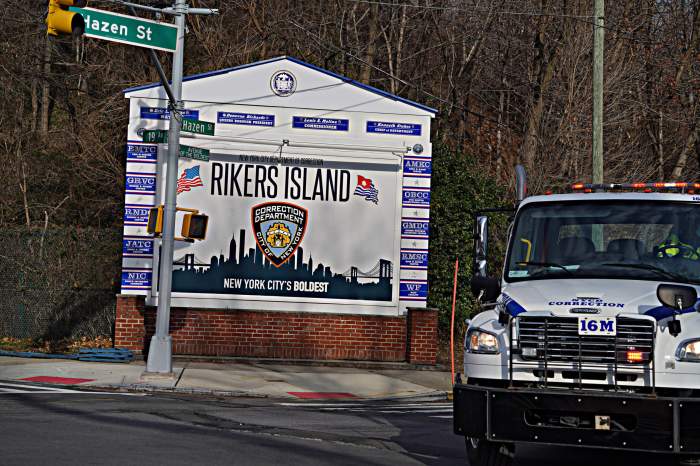BY ARTHUR SCHWARTZ | The fight over the 14th St. busway is a fight of our community. A community of people who live here, including residents of Fulton Houses (a New York City Housing Authority development), people who have disabilities and who are elderly, and who are bus users.
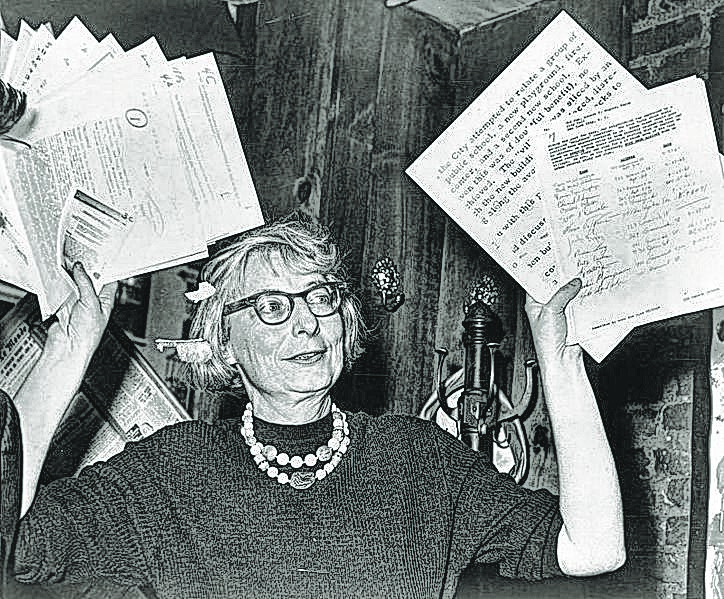
Our communities, Greenwich Village and Chelsea, are the great places they are because, 60 years ago, Jane Jacobs led a fight against another Department of Transportation commissioner, Robert Moses, who wanted to run a highway down Fifth Ave. Jane believed in community-based planning. In her classic book about city planning, “The Death and Life of Great American Cities,” she said: “We shall have something solid to chew on if we think of city neighborhoods as mundane organs of self-government. Our failures with city neighborhoods are, ultimately, failures in localized self-government. And our successes are successes at localized self-government …There exists no inconceivably energetic and all wise ‘They’ to take over and substitute for localized self-management.” Then she addressed the difficulty in standing up to City Hall: “It is not easy for uncredentialed people to stand up to the credentialed, even when the so-called expertise is grounded in ignorance and folly.”
She continues: “Sometimes the city is not the potential helper, but the antagonist of a street, and again, unless the street contains extraordinarily influential citizens, it is usually helpless alone… By ourselves we would hardly have a chance. We were told at first that the plans would not be changed. We needed power to back up our pipsqueak protest. The power came from our district — Greenwich Village. Without the possibility of such support, most city streets hardly try to fight back.
This fight today is about our millennial version of Robert Moses, a hopeless incompetent named Polly Trottenberg, who has allowed 100,000 for-hire vehicles to clog our streets. We stand here today, six weeks after Polly’s aborted launch date, and 14th St. seems to be moving quite rapidly, and side streets, from 12th to 20th, have bad traffic, but are not overrun with cars, as Polly would have it.
We have not gotten to where we have because of me, although I appreciate the accolades. We are here because of an extraordinary coalition of local residents, working through democratic, street-level organizations called block associations, whose activists are generally longtime residents, who generally live in rent-regulated apartments, or who bought a co-op in the 1970s when a two-bedroom cost $25,000. The block associations have turned out hundreds of residents to meeting after meeting, town hall after town hall, where Commissioner Trottenberg has sat rolling her eyes. And it is to protect these residents’ communities that the courts have recognized our use of the environmental laws as appropriate.
This fight is no longer about how to make buses faster. D.O.T. and the Metropolitan Transportation Authority have made numerous changes to 14th St., which have eliminated most, if not all, bottlenecks that slowed down traffic and buses. There are no left turns allowed. There is no turn onto 14th St. from Fourth Ave. There are no turns allowed onto Broadway. University Place has been reversed. Union Square West has been closed to traffic. Bus lanes have been painted. Select Bus Service has been instituted, allowing off-bus ticketing.
The fight now is about an unneeded car ban that would have thrown 500 extra cars an hour (D.O.T.’s number), and untold numbers of vans and trucks down residential streets, not designed to be traffic thoroughfares. These cars would ruin the residential character of our historic districts. They would spew exhaust, make noise, send vibrations through historic structures and fragile streets — which have more than their share of water-main breaks and steam-pipe ruptures — and make crossing, for the elderly and people with children, far more dangerous.
Trottenberg, and the mayor now want this to happen simply because they want to show that they can impose their will on communities. For the mayor, winning this fight is one more sound bite he can grab before his senseless presidential campaign ends, and he loses relevance to our city.
In their quest for speed, the M.T.A. and New York City Transit, in its usual manner, has once again forgotten the needs of people with disabilities, and the elderly. They cut out 12 bus stops when they launched SBS service. And they have ripped down most bus shelters along the route. Those 12 stops were a critical part of the transportation activities of people with disabilities, and older people who use the bus. Their needs are supposed to be accommodated under the city’s Human Rights Law.
But like they have with the subways, the M.T.A. and NYC Transit have forgotten the disabled. Accommodation can be done easily, as is done on all other SBS lines, by overlaying SBS service on top of local service. The elderly and the disabled are the real users of the M14 bus — not some zealots who live in other communities, and who claim to speak for local bus users.
Over the last week, critiques of my work have been published in The Villager and elsewhere. One Brooklyn commentator called me a “racist” because my work is allegedly hurting black and Hispanic Lower East Side commuters who would save two minutes in a commute to Union Square if the busway is effectuated. But NYCHA tenants, who have learned to abhor de Blasio’s largesse, are on our side. They, too, believe in community self-government. And they know that I have been in the trenches with them in the fight to maintain hospital service in our community.
There is one commentator who says that because of our success fighting the busway plan, environmental laws should now be weakened. The proposals of “well intentioned” bureaucrats should not have to jump through the hoops of SEQRA (State Environmental Quality Review Act) and ULURP (Uniform Land Use Review Procedure), he declares. This tripe actually sounds a lot like Trump, who says that environmental regulations stand in the way of working-class jobs.
However, those environmental-review laws require that all government actors, no matter how well intentioned, must engage in public, transparent environmental evaluation of their proposals. Without these laws, we would have a highway running where Hudson River Park now stands, without ballfields at Pier 40. We would have a Costco at 14th St. and Sixth Ave., and a pro football stadium at Hudson Yards.
No one has a monopoly on wisdom, not Trump (who has no wisdom), and not some Transportation Alternatives staffer with a six-figure salary. And certainly not those who sit in armchairs and critique.
Schwartz is Democratic district leader for Greenwich Village, president of Advocates for Justice, and the attorney on the 14th St. lawsuits on the busway and removed bus stops.
